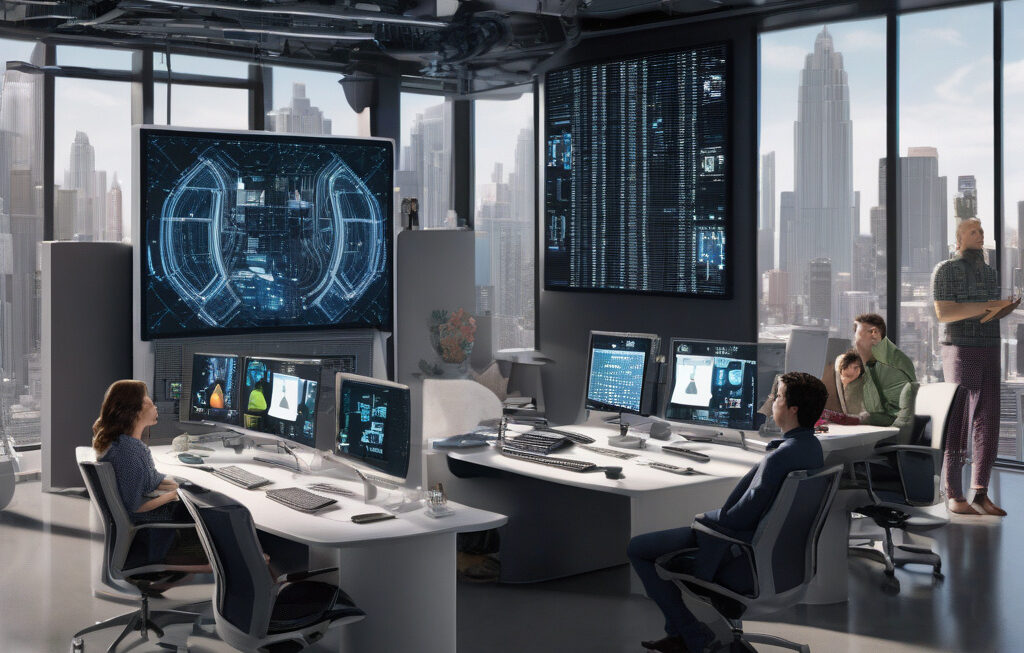AI Threatens Artists and Culture in Cyprus: Only 23% of Cypriots Believe Artists are Paid Fairly
Artificial Intelligence (AI) has been transforming various industries, from healthcare to finance, with its efficiency and automation. However, as AI continues to advance, there is growing concern among Cypriots that it poses a threat to artists and their cultural contributions. A recent survey revealed that only 23% of Cypriots believe that artists are paid fairly for their work, highlighting a significant issue that is exacerbated by the rise of AI in the creative landscape.
One of the primary concerns surrounding AI in the arts is its potential to replace human creativity. With AI algorithms capable of producing music, visual art, and even literature, there is a fear that the uniqueness and emotional depth of human-created art may be lost. While AI-generated art can be impressive in its technical prowess, it often lacks the soul and storytelling that resonate with audiences on a deeper level.
Furthermore, the widespread adoption of AI in the creative industry raises questions about the value of human labor and expertise. As AI tools become more sophisticated, there is a risk that artists may be undervalued or even replaced by AI systems that can produce similar work at a fraction of the cost. This devaluation of human creativity not only affects individual artists but also undermines the cultural richness and diversity of a society.
In Cyprus, where art and culture play a significant role in shaping national identity, the impact of AI on the creative landscape is particularly concerning. The dwindling support for artists, both financially and culturally, poses a threat to the preservation of Cypriot heritage and traditions. As AI technologies continue to evolve, there is a pressing need to address the systemic issues that prevent artists from thriving in a rapidly changing digital world.
To combat the challenges posed by AI in the arts, policymakers, cultural institutions, and the public must work together to support and uplift artists in Cyprus. This can be achieved through initiatives such as increased funding for the arts, promoting arts education in schools, and fostering a greater appreciation for the cultural contributions of artists. By investing in the creative community and valuing the unique perspectives that artists bring to society, Cyprus can ensure that its cultural heritage remains vibrant and resilient in the face of technological advancements.
Ultimately, the debate surrounding AI and its impact on artists and culture is a complex and multifaceted issue that requires thoughtful consideration and proactive solutions. While AI has the potential to revolutionize the creative industry, it is essential to strike a balance between technological innovation and the preservation of human creativity and cultural heritage. By addressing the root causes of inequality and undervaluation in the arts, Cyprus can pave the way for a more equitable and sustainable future for its artists and cultural institutions.
In conclusion, the concerns raised by Cypriots regarding the fair compensation of artists in the age of AI underscore the need for a concerted effort to support and protect the creative community. By recognizing the intrinsic value of human creativity and fostering an environment that values and rewards artistic expression, Cyprus can ensure that its cultural legacy continues to thrive in the face of technological change.
artificial intelligence, artists, Cyprus, cultural heritage, creative industry












